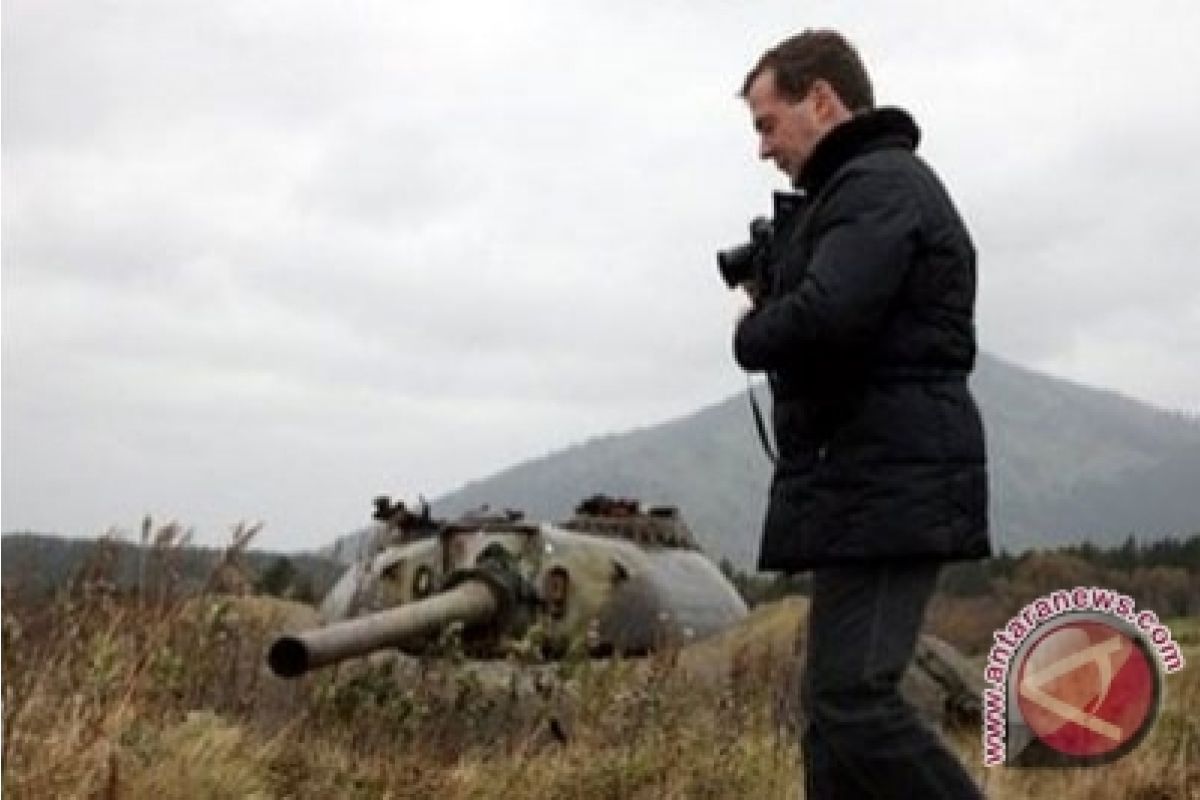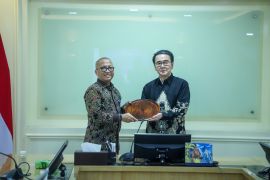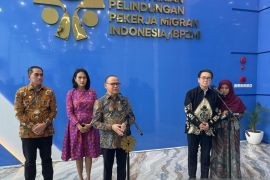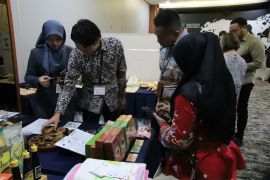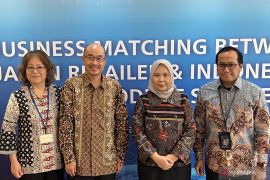The closed-door meeting between Japanese Foreign Minister Seiji Maehara and Russian counterpart Sergei Lavrov was announced in December amid hopes that the two neighbours were willing to move past their Kuril Islands dispute.
The decades-long impasse has prevented the signature of a formal peace treaty and kept Japanese investments to a minimum in Russia`s under-developed Far East.
But the Kurils regained the spotlight this month when a trip there by Russia`s defence minister was followed by President Dmitry Medvedev`s vow "to strengthen our presence" on the Pacific archipelago.
Medvedev relaunched the Kurils debate in November by paying an unprecedented visit to a region that has just 19,000 inhabitants and has no major industry besides fishing.
Yet it has emerged as a central part of Medvedev`s effort to exert a strong image on the eve of elections in 2012 and his trip has been followed up a series of similar visits by senior regional and economic officials.
The two sides went into Friday`s high-stakes meeting in Moscow sticking to their guns and only sharpening their rhetoric.
Medvedev on Wednesday responded to a tough message from the Japanese prime minister by calling the islands a "strategic region" of Russia that would soon be home to some of its most advanced weaponry.
"The additional weapons which will be deployed there must be sufficient and modern to ensure the security of these islands which are an inseparable part of the Russian Federation," Medvedev said.
The Japanese foreign minister brushed off the comments as irrelevant.
"Regardless of how many (Russian) senior officials go there and who goes there, and whether it increases or decreases its military presence, the legal value (of Russia`s claim) does not change," Maehara said.
"Our resolve remains absolutely unwavering."
Such an attitude won`t do much to quell tensions, and "one should not expect any progress from his visit," Valery Kistanov, who heads the Japan Institute in the Russian Academy of Sciences, told Nezavisimaya Gazeta daily Friday.
Still, "the visit can be important for returning dialog to a normal course, the course of discussion, and suppress the psychological tension between our two countries," he was queted as saying.
The two sides had used previous meetings to gloss over the dispute and focus on more immediate trade relations in the Pacific region.
Japan is interested in securing new natural gas supplies and playing a broader role in energy projects on Russia`s Sakhalin Island.
Medvedev for his part has proposed making the Kurils into a free trade zone that attracts Japanese investments on favorable terms.
But the Japanese foreign ministry said the idea did nothing to resolve the dispute and Moscow diplomats went into Friday`s meeting doing little to hide their displeasure with Tokyo.
"First and foremost, we expect our Japanese colleagues to fundamentally change their attitude toward Russia," Russian foreign ministry spokesman Alexander Lukashevich said.(*)
Editor: Jafar M Sidik
Copyright © ANTARA 2011
